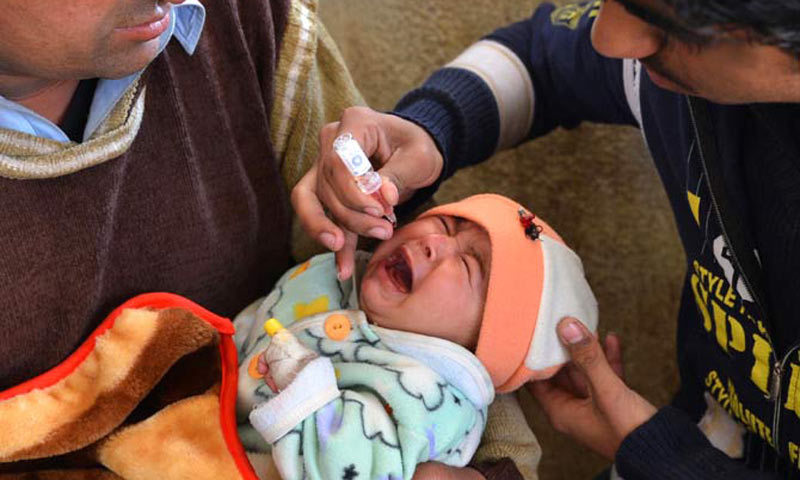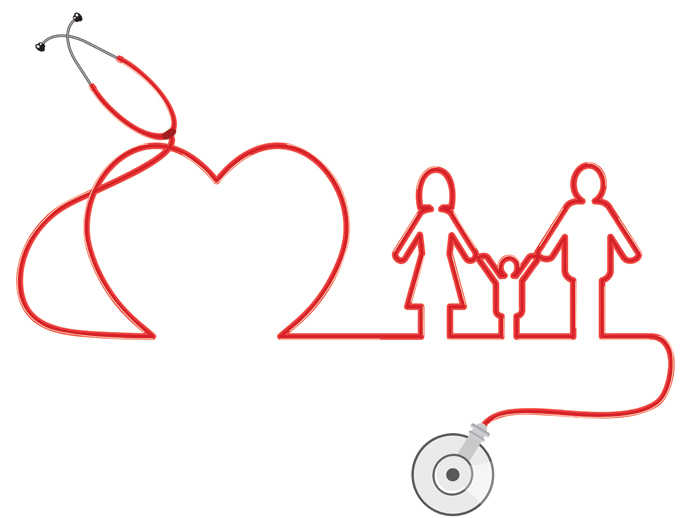As lack of immunization result in critical diseases leading to deaths, many times, full immunization is considered as an important part of everyone’s life. It is, basically, the right of every child as major part of the immunization is given from the time of birth only. In 1985, the Government of India launched the Universal Immunization Program (UIP) which is one of the largest health programs for immunization to every child in India.

Despite being in operation for over 30 years, UIP has been able to give full immunization to only 65% children in the first year of their life, and then the increase in coverage has stagnated in the past 5 years to an average of 1% every year. To achieve full immunization coverage for all children, Mission Indradhanush was launched by Ministry of Health and Family Welfare (MoHFW), Government of India on 25th December, 2014.
In India, about 5 lakh children die every year due to diseases that are vaccine-preventable. And, around 89 lakh children remain at risk, reason being, they are either unimmunized or partially immunized against vaccine-preventable diseases. That’s why, to reduce child mortality rate, full immunization is essential.
This mission ensures that all the children under 2 years of age and pregnant women get full immunization, at least the necessary 7 vaccinations for the diseases which are preventable:- Diphtheria, Pertussis (Whooping Cough), Tetanus, Tuberculosis, Polio, Hepatitis B, Measles.
Mission Indradhanush depicts seven colours of the rainbow and aims to immune the children from the above mentioned seven vaccine-preventable diseases.
In the first phase of the mission, the Government identified 201 high focus districts across 28 states in the country. These states were having peak number of children who were partially immunized or unimmunized. There were four rounds in total, both in the first and second phases of the mission.
For the second phase, the target was set for 352 districts which included 279 mid priority districts, 33 districts from the North East states and 40 districts from phase one where a high number of missed out children were detected.

















